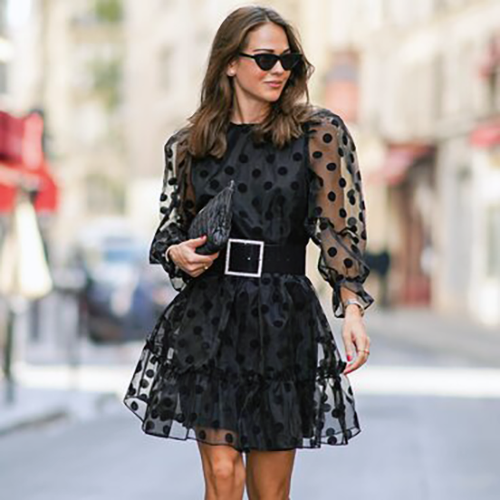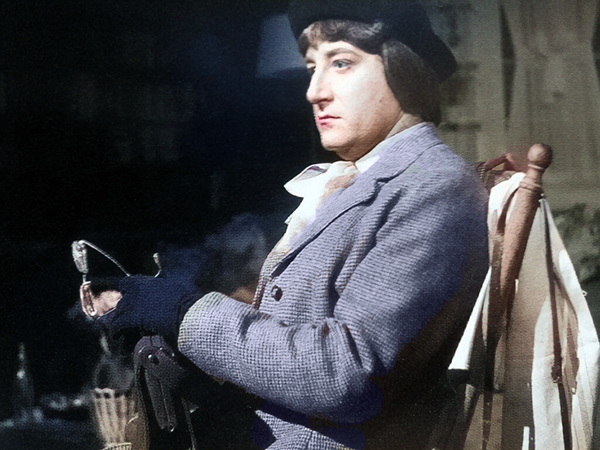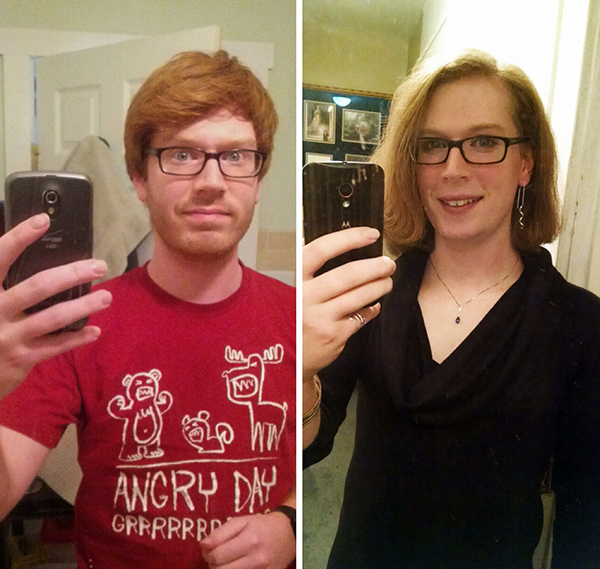By Paula Gaikowski
The 1980s was a transformative era for me. During this time, television talk shows became essential sources of information, comfort and offered a sense of belonging. Long before the Internet’s wealth of resources, these shows were my lifeline, connecting me to the world of gender identity.
In the pre-Internet world, my TV Guide was my window to a world that I longed to understand. Each week, I eagerly flipped through its pages noting any talk show listings promising to have crossdressers, transgender women or female impersonators. These shows weren’t just entertainment, they were beacons of hope, providing me with the understanding and validation I yearned for.
Some of favorite 1980s talk shows were Phil Donahue, Oprah Winfrey, Geraldo Rivera, Sally Jessy Raphael and Jenny Jones.
Phil Donahue’s and Oprah Winfrey’s show held a special place in my heart because they frequently featured representatives from organizations that embraced crossdressing. During that period of my life, this felt incredibly relatable.
In contrast, Geraldo Rivera used shock tactics, while Sally Jesse Raphael was known for its transformation makeovers. I can vividly recall the episodes where they selected someone from the audience and make them over as a woman.
Jenny Jones also had its sensational moments, often inviting female impersonators and entertainers, who faced less-than-kind comments from the audience.
As for Jerry Springer, I never really found it appealing. It seemed a bit too coarse and vulgar.
For me, these 1980s talk shows went beyond providing information; they offered recognition and validation. In the quiet of my own space, I’d dress up as if I was a guest on the show in my favorite dress, pantyhose, makeup and heels, I’d settle in and watch the shows creating a brief, but cherished moment of self-acceptance.
As I watched, I felt recognition, even if only for a short while. The discussions and the presence of transgender women, crossdressers and female impersonators on-screen resonated deeply with my experiences. Being acknowledged and validated, even by a television screen, was a powerful and affirming experience that bridged the gap between isolation and community.
The 1980s talk shows, despite their faults, played a fundamental role in giving me information and connection during my struggle with gender identity. They made me feel connected, informed, recognized and validated, even if only temporarily. These shows sparked conversations, broke down stigmas and paved the way for a more accepting and understanding world for individuals in the transgender community.
It was because of these talk shows that persons outside our community became aware of us. The image that evolved from some of these shows was not always positive, but they opened the closet door and we at last had a voice and were being heard.
 |
| Wearing a Bixie |
.png) |
| Adolf Dymsza femulating in the 1937 Polish film Niedorajda. Click here to view the film on YouTube. |


















































